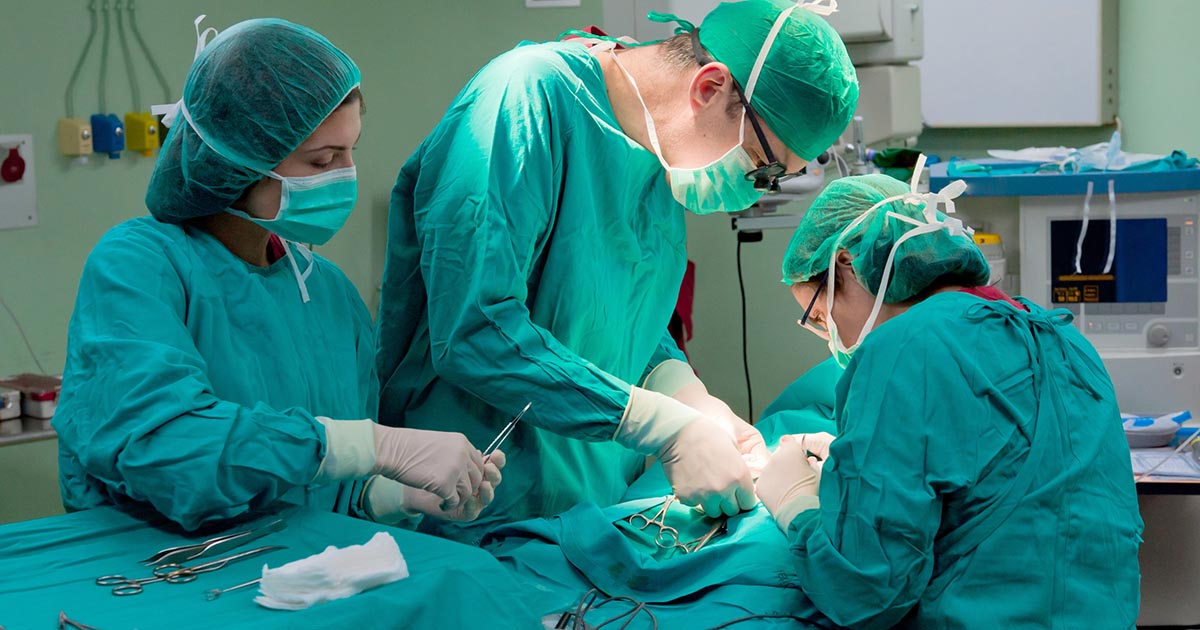Treatments For Sarcoidosis
Sarcoidosis affects approximately 1,238,000 individuals throughout the world. In the United States alone, about 200,000 individuals have been diagnosed. Within a year of symptoms starting, nearly half of all patients go into remission. However, for up to fifteen percent of patients, the symptoms get considerably worse and can even be life-threatening. This inflammatory disease causes small bunches of inflammatory cells called granulomas to develop in the body’s organs.
While the lymph nodes and lungs are most often affected, just about any organ or body component can be involved. This is associated with the immune system essentially working in overdrive. Without treatment, patients may experience fibrosis which means their organ tissue becomes permanently scarred and thickened.
Medication

There are drug options doctors might prescribe when patients have threatened organ function or severe symptoms. Corticosteroids, often used before other medications, might be considered to reduce significant levels of inflammation. They may be taken orally when internal organs are especially inflamed, though topical versions are available if the patient has eye inflammation or skin lesions.
Immunosuppressants are another common choice because they work to suppress the immune system to lower the levels of inflammation in the body. TNF-alpha inhibitors are other medications that target inflammation, though these are often not considered unless immunosuppressants and corticosteroids do not benefit the patient. Lastly, doctors might recommend hydroxychloroquine to some patients, as it might be helpful if the patient has high calcium levels or certain skin issues associated with sarcoidosis.
Surgery

This condition can cause damage to the heart, lungs, and liver in some patients. If this happens, these patients might require organ transplant surgery. When this is needed, patients may receive an organ from a donor who died but is a match. A living donor may be considered for the liver if the patient can find a match, as the liver regenerates. This can be a lengthy process, but it is something all patients should think about just in case it becomes a reality for them.
Following this type of procedure, patients will need to take certain medications for the rest of their lives to ensure their body does not reject the new organ. Rejection is a possibility with all transplants, but when the donor and recipient are carefully matched, the risk of this is decreased. Anti-rejection medication also helps to reduce this potential complication further. Those who experience significant issues with these three organs should start working with their doctors as early as possible to be prepared.
